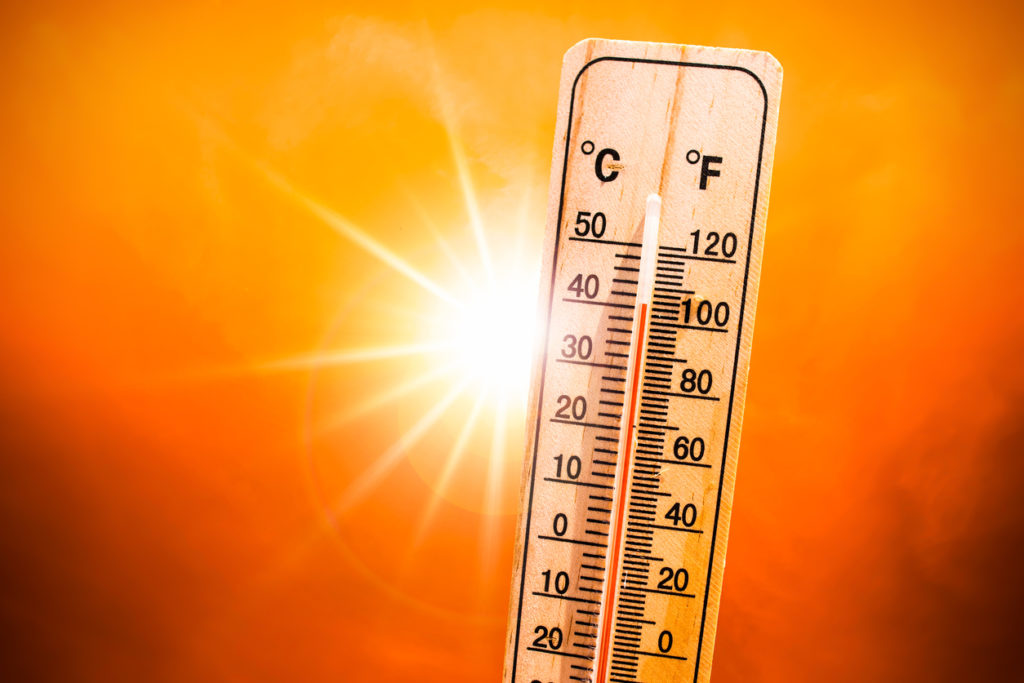Wide-brimmed hats and SPF clothing aren’t just accessories during the summer; they are a necessity. In August, the average temperature in Alabama is 90 degrees. As summer stretches on, it’s important to be aware of heat-related illnesses because anyone at any age can suffer from a heat-related illness.
Every year our Survey department braves the hot, humid summers, so they are well-trained in heat-illness signs, including heat exhaustion and heat stroke, and take extra safety precautions. Heat exhaustion leads to heat stroke, which is a serious medical emergency, so it is essential to know the warning signs and take care of yourself on the job.
However, it isn’t just our Survey crews who need to stay alert. During the summer, you and your family may also be outside in the hot weather more, and you can have fun-filled days in the sun with a few safety precautions.
Safety Precautions
- Wear sunscreen. Sunscreen should be applied approximately 15 minutes before your anticipated sun exposure.
- Take frequent breaks. Cool off with fans or in the air conditioning.
- Eat salty snacks.
- Drink water. If participating in physical activity, you should take a drink of water every 15-20 minutes even if you don’t feel thirsty.
- Wear light, loose-fitting clothing.
- Wear sun-protective clothing.
- Heat stroke can occur when swimming as well because, many times, swimmers don’t realize they are dehydrated.
- Avoid drinking alcohol and caffeine during sun exposure because they can make heat-illness more likely and worsen its effects.
Can you recognize the signs of heat-illness and act quickly? Check out the CDC poster and information at this link.

